John's Journal - July 2025 Edition
Dear Friends and Neighbors,
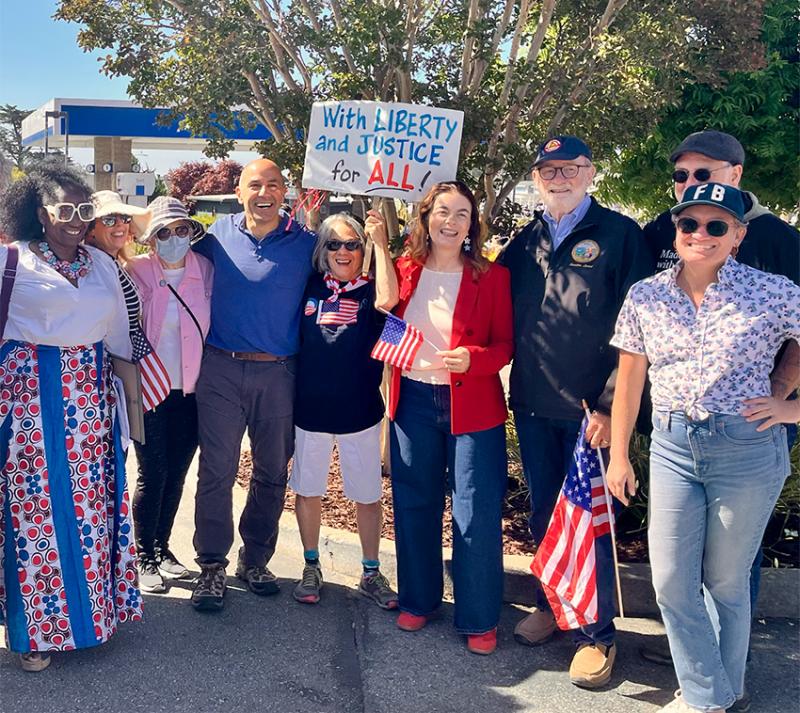
In true California fashion, this summer has been one of the hottest yet – unless, of course, you’re lucky enough to live in the beautiful 17th Senate District, where temperatures have lingered in the perfect 70s and 80s. This Fourth of July was a beautiful reminder of the freedoms we cherish and the communities that make our country worth celebrating. But even amid the festivities, we cannot lose sight of the work ahead. As the federal administration moves forward with policies that threaten the rights and well-being of millions, it’s more important than ever that we stand up, stay engaged, and protect the very foundations of our democracy. And as the sign above says: “With liberty and justice for ALL!”
As we move past the halfway mark of 2025, the work in Sacramento and across our beautiful Central Coast continues at full speed. In this update, you’ll find highlights from the state budget and how my team and I successfully secured targeted investments for our region, even during a budget deficit. You will also read about two significant bills that have advanced to address California’s housing crisis while trying to preserve our longstanding environmental protections under the California Environmental Quality Act (CEQA).
Additionally, I’m sharing an update on the cleanup efforts at the Moss Landing battery storage facility fire, along with highlights from my visits across the district over the past month. From rural communities to coastal towns, each stop has been a powerful reminder of why this work matters.
While the challenges we face are real, so is our momentum. The Legislature remains committed to building a California where every community has the opportunity to thrive, and every voice is heard. I am grateful for the trust you’ve placed in me to represent the 17th Senate District, and remain committed to delivering results for our region.
Sincerely,

JOHN LAIRD
Senator, 17th District
Capitol Update
Governor Newsom has signed California’s 2025–2026 state budget, which includes critical investments in healthcare access and public education infrastructure. Among the funding victories for the Central Coast are two major items championed by Senator John Laird (D–Santa Cruz) and Assemblymember Gail Pellerin (D–Santa Cruz): the reappropriation of funds for the Santa Cruz Public Library system and support for the PRIME Central Coast initiative, a major step toward the long-term goal of a future medical school at UC Santa Cruz.
Even in a year when difficult decisions had to be made to close the state’s budget deficit, I am proud we were able to preserve and prioritize funding that will have a lasting impact on education and healthcare access. As the federal government pushes towards its goal of rolling back essential programs and undermining our democratic institutions, California will continue to reflect our values and our commitment to building stronger, healthier, and more informed communities. I am especially proud of what this means for the Central Coast: expanded medical training for our rural communities and improved library infrastructure that will benefit future generations.
Statewide, I also fought to preserve key safety-net services – ensuring continued funding for California food banks and wraparound care for those living with Amyotrophic Lateral Sclerosis (ALS), commonly known as Lou Gehrig’s disease.
The final budget includes:
- $4.5 million in reappropriated funds from the State Library’s Building Forward grant program to support infrastructure improvements at Santa Cruz Public Libraries.
- $1.5 million for the implementation of the PRIME Central Coast program, a collaboration between UC Davis and UC Santa Cruz that will train medical students to serve in rural and underserved communities along the Central Coast.
- Restores and protects $60 million in funding for California Food Banks, which had been slated for a drastic cut to just $8 million.
- Secures $3.5 million to continue ALS wraparound care, preventing the existing program from ending.
Two pieces of legislation, AB 130 and SB 131, took an unusual path to the Senate and Assembly floors. While I would have preferred both bills to move through the standard legislative process with greater opportunity for public input, community outreach, and policy scrutiny, I ultimately voted in favor of AB 130 and abstained on SB 131. With SB 131, I had specific concerns about the potential exemption of battery energy storage systems (BESS) from CEQA, the lack of required tribal consultation, and inadequate protections for endangered species' habitats. I remain deeply concerned about advancing such significant policy changes through the budget process, which limits transparency and robust legislative debate.
District Update
The U.S. Environmental Protection Agency has reached a formal agreement with Vistra Corp. to safely remove and dispose of the batteries affected by the January 2025 fire at Moss Landing. This agreement clearly defines Vistra’s responsibilities and outlines the EPA’s expectations for the battery removal process, which will be conducted under strict U.S. EPA oversight.
As part of the agreement, Vistra is required to submit detailed work plans for EPA review, implement rigorous safety protocols to protect nearby residents and workers during the cleanup, and actively engage with the community to ensure meaningful public involvement throughout the process.
You can stay informed on the progress of the battery removal by visiting the EPA’s Moss Landing Battery Fire Response webpage for regular updates.
The Clean Energy Safety Act of 2025 (SB 283) has earned bipartisan support in the Assembly and welcomed two new co-authors, one Democrat and one Republican, because community safety transcends political lines. I’m grateful for my colleagues’ backing of this important bill, which stands out as one of the few measures advancing this session that strengthens safety standards for essential battery energy storage systems (BESS).
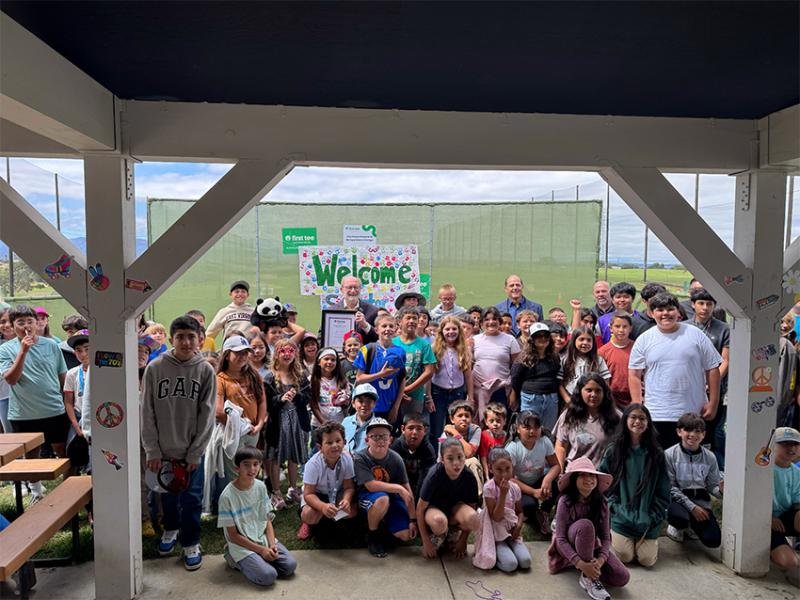
What a pleasure to visit First Tee Monterey, who in 2024, served over 11,000 youth throughout the region. Their goal is to empower young people with the skills and confidence to succeed both on and off the golf course.
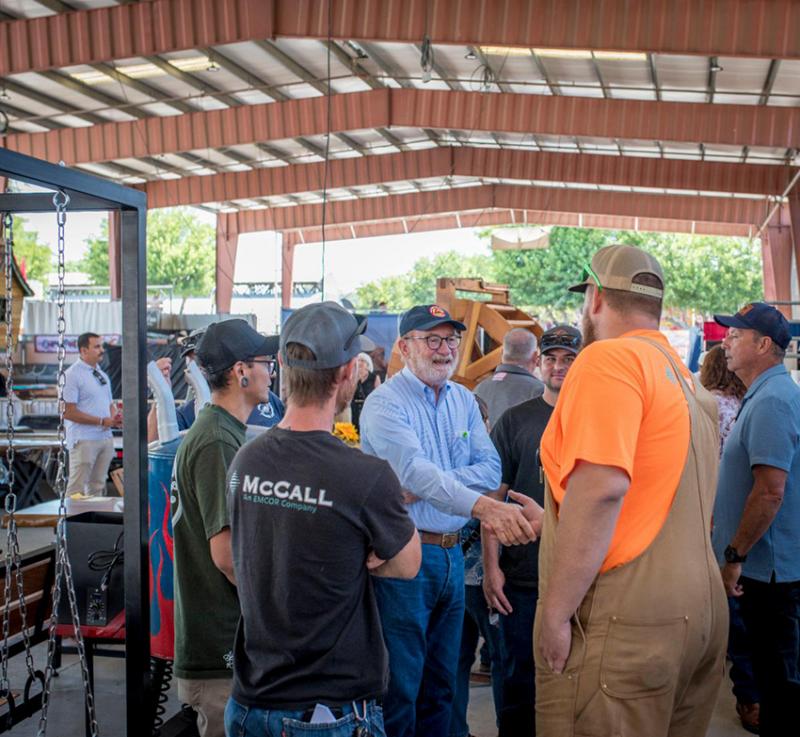
The Local Hire & Apprenticeship Forum at the Mid-State Fair was a great opportunity to see the types of careers available in the construction trades in San Luis Obispo County.
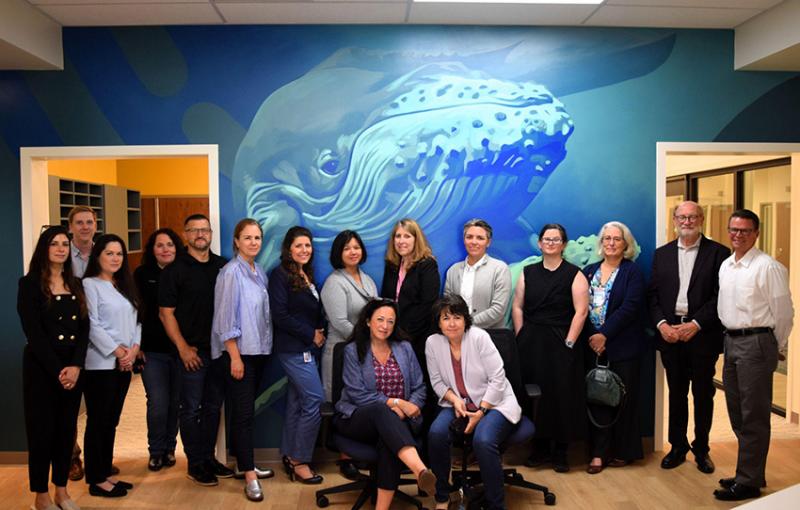
The soon to be opened Children’s Crisis Center will bring essential mental health services to local youth and families – so individuals in crisis can get the help they need close to home.
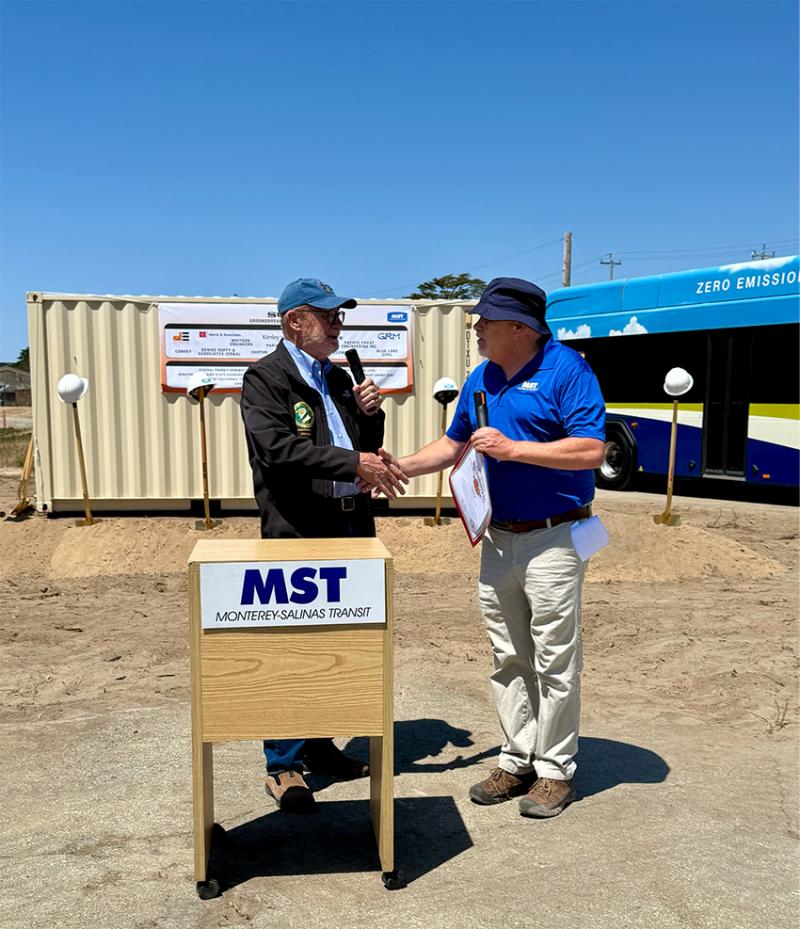
Public transit is essential for communities across the Central Coast, and Monterey County is no exception. The MST SURF! Project will deliver faster, cleaner transportation options, helping to reduce congestion and improve access to the Monterey Peninsula.
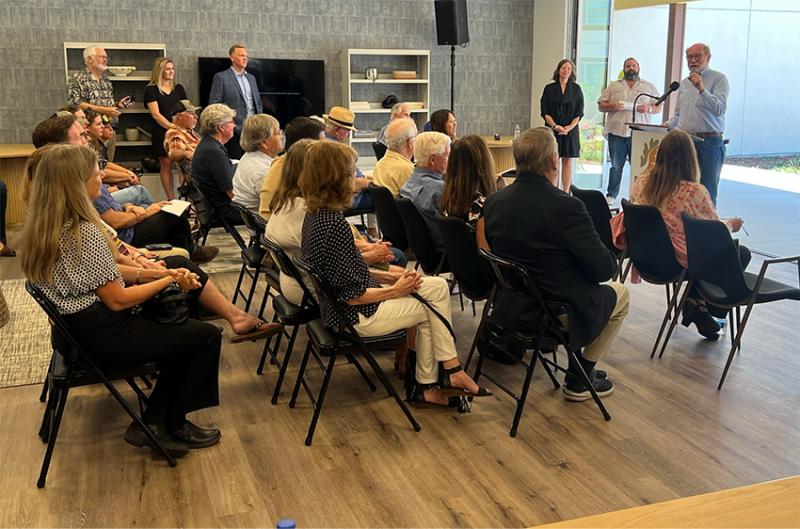
Proud to join California State Treasurer Fiona Ma and local leaders to celebrate the grand opening of River Walk Terrace — a new chapter in affordable housing for our seniors!
Meet the Squigglers
Extremely proud of my spouse for embracing his true calling!
Grateful to Peggy Flynn for beautifully capturing his creative journey — a reminder of how vital it is to support and expand access to the arts in California!
To read the full story click here.